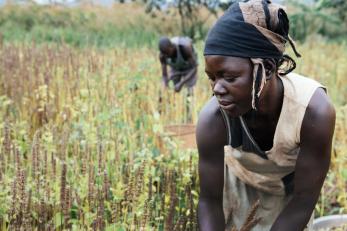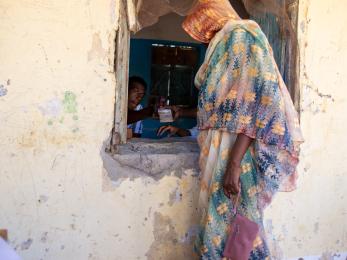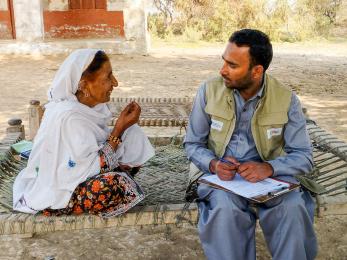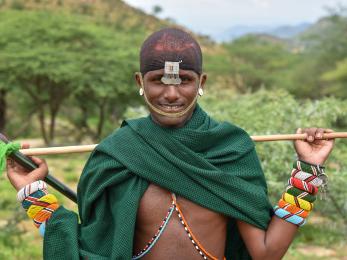Pathways from Peace to Resilience

Read the Pathways from Peace to Resilience research brief ▸
Read the Pathways from Peace to Resilience full report ▸
Chronic violence and instability in the Horn of Africa have spurred major investments in resilience in the hopes of preventing future humanitarian crises. Yet how best to build resilience in conflict contexts remains unclear. Mercy Corps began tackling these issues through previous research that demonstrated that peacebuilding interventions can have positive effects on pastoralists’ abilities to cope with and adapt to severe drought. Building on these insights, Mercy Corps conducted research in Uganda and the Mandera Triangle to examine how conflict management programs might strengthen resilience.
The central question this research sought to answer was: How do conflict management and peace-building programmes affect households’ resilience to shocks and stresses in pastoral areas in the greater Horn of Africa? Specifically, Mercy Corps looked at the effect of social cohesion (opportunities for groups in conflict to interact and build trust) and an enabling institutional environment (helping informal and informal leaders work together to prevent conflict and resolve disputes). The study adopted a mixed-methods approach, which included quantitative and qualitative data collected and analysed first in early to mid-2013, and again in early to mid-2015.
Key lessons and recommendations
- Building resilience through peacebuilding efforts can support food security goals. Household food security is gravely affected by economic and climate-related shocks. But these effects can be mitigated by strengthening community and institutional conflict management systems, strengthening the case for scaling up peacebuilding work.
- Peace is stronger where conflict management skills and systems are institutionalised. Where government representatives and traditional leaders work together, more conflicts are resolved satisfactorily. This supports Mercy Corps’ efforts to bring together formal and informal leaders in conflict resolution initiatives.
- Not all forms of social capital appear to be equal when it comes to building resilience. Greater links across ethnic boundaries did not appear to improve peace or food security; however stronger bonds within communities did. Such intra-ethnic social cohesion can manifest as a community-level social safety net, for example, where community members help each other out during times of stress. Development actors should support interventions that strengthen these types of networks that people rely on during times of stress.


